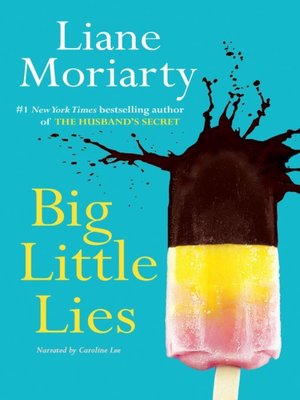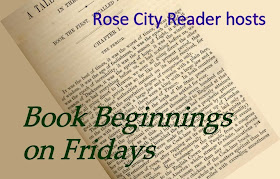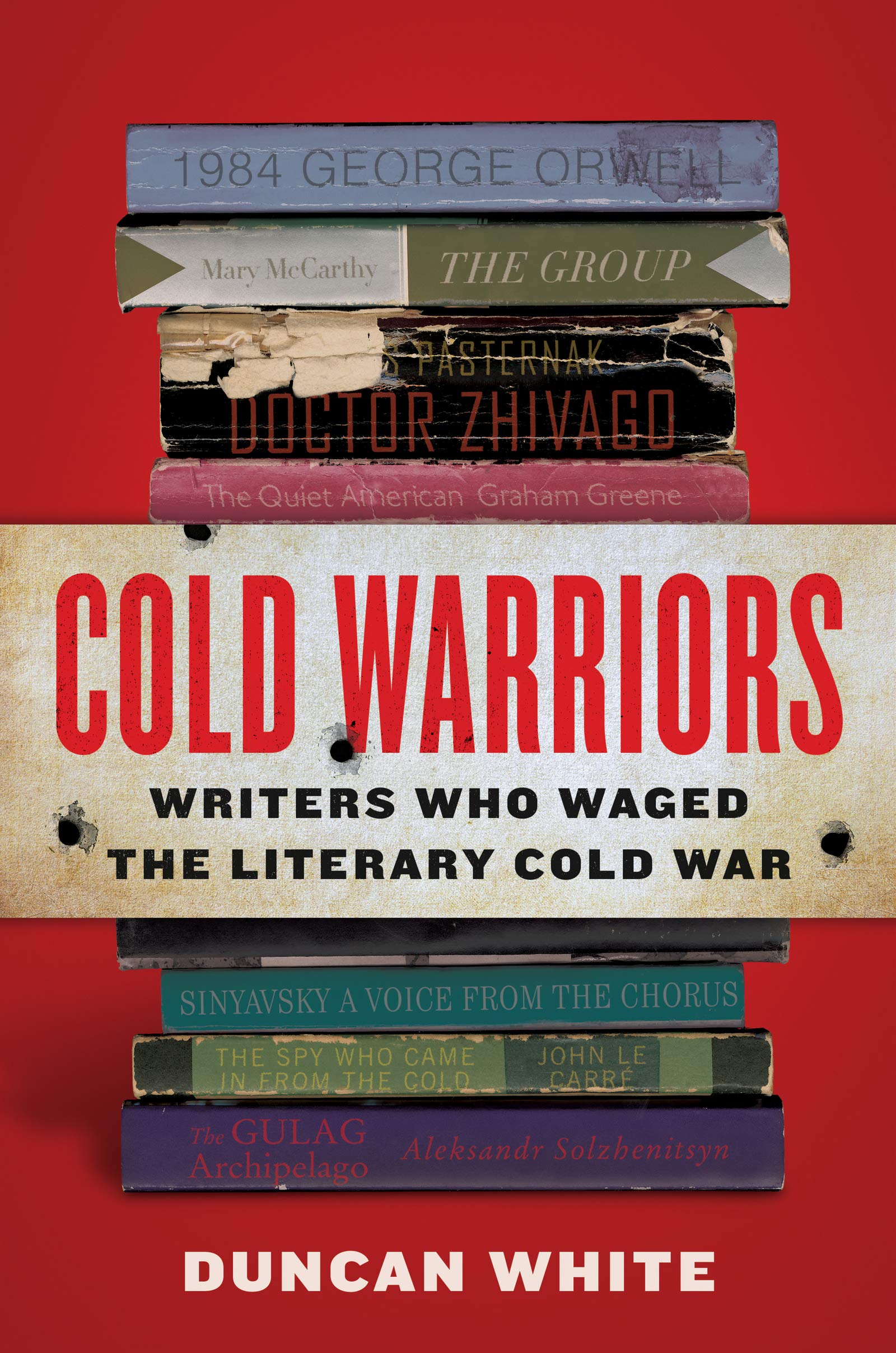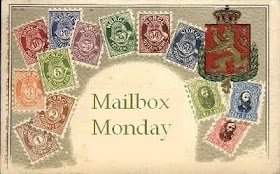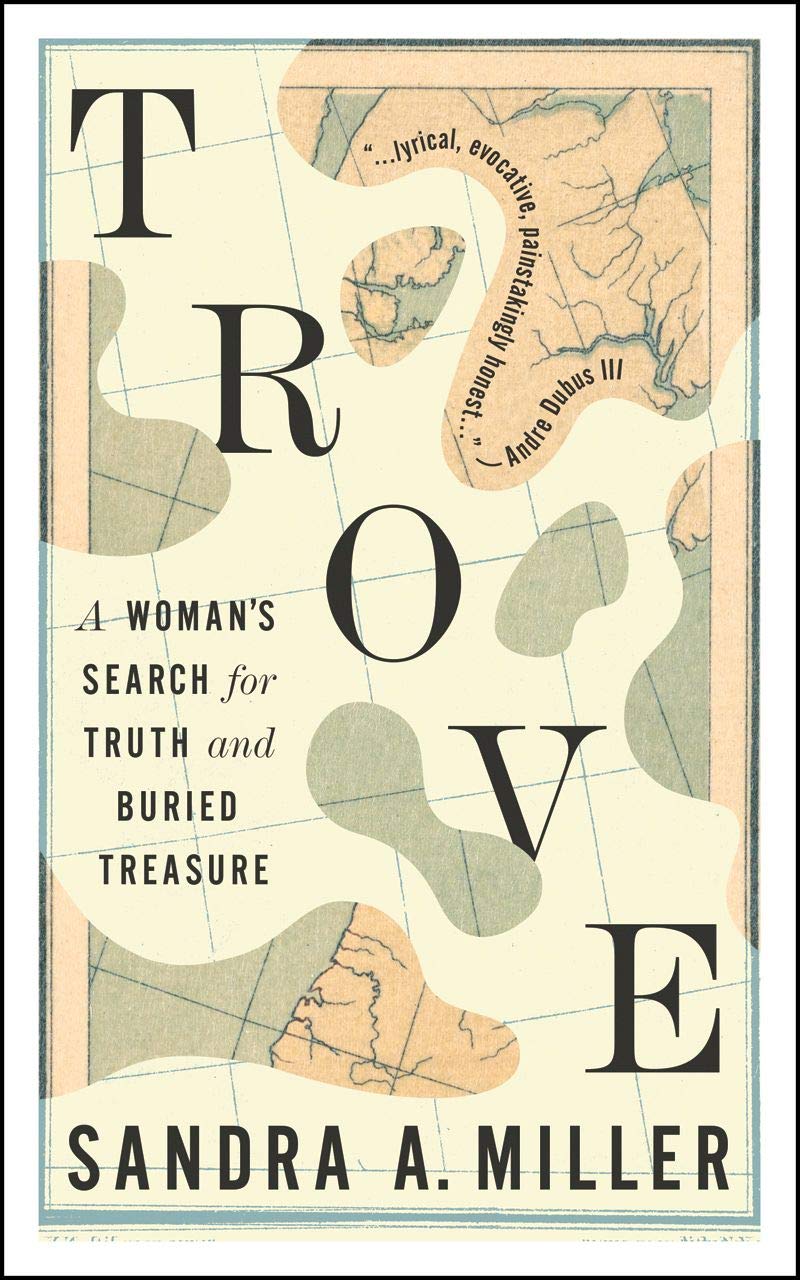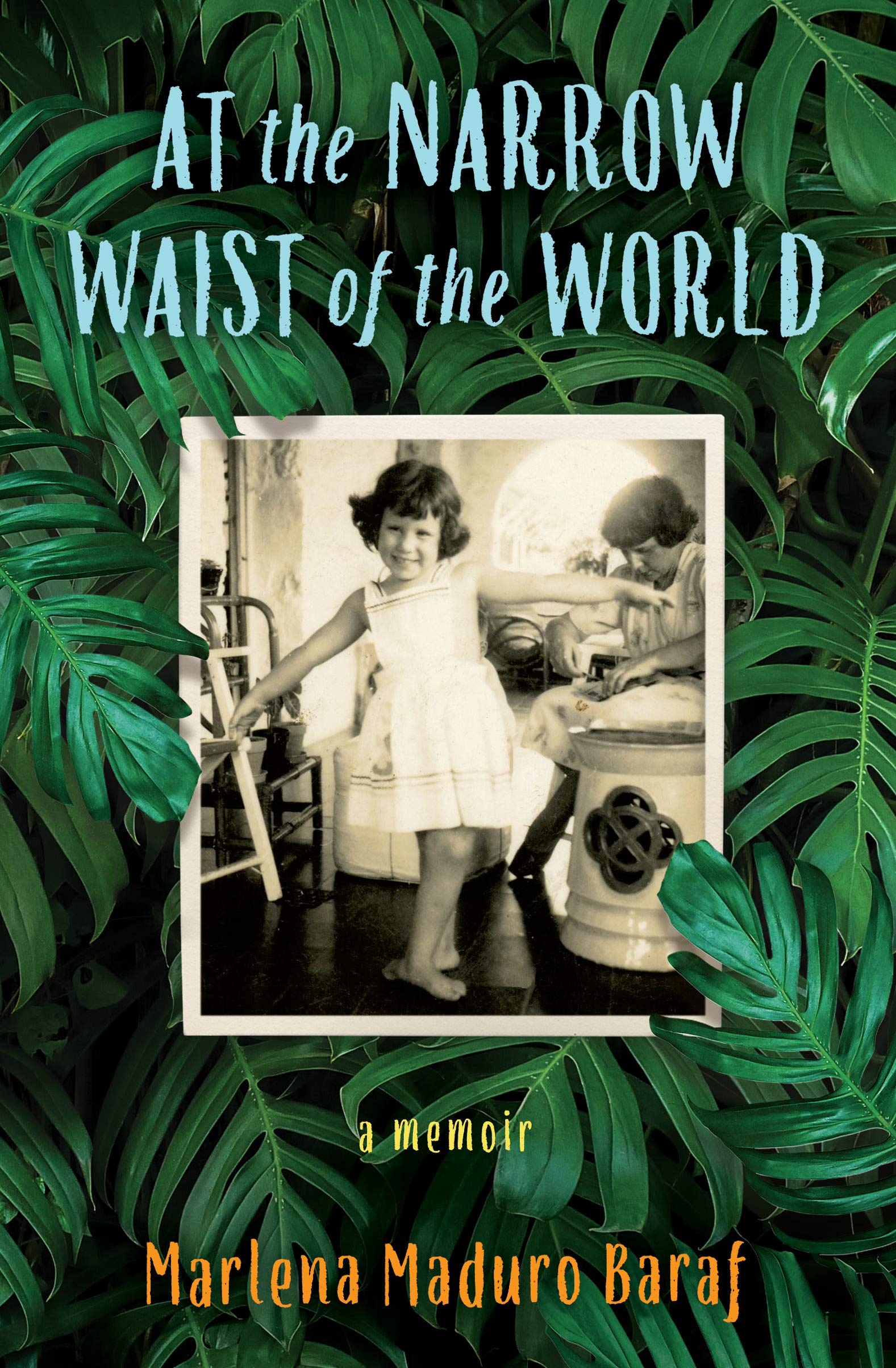Peter Nathaniel Malae's new novel,
Son of Amity, is the story of three lives converging in small town Oregon, and the little boy who brings them together.
Peter talked with Rose City Reader about his new book, small towns, and how books influenced his own childhood:
Your book is set in the small town of Amity, Oregon. What role does the town play in the story?
For several generations in rural Oregon, small towns like Amity have been bilaterally sustained by logging and small family legacy farms. When the logging industry got hit by a state-wide downsize in the late nineties and early zeroes, an unintended consequence, obvious in hindsight, was that these towns were left with a lot of youngsters, especially young men, with very few vocational options. Sissy and her mother are from this increasingly impoverished side of Amity. It’s no coincidence that drug use rapidly shot up in these areas, such that your standard video-game playing tweaker became a trope, and military enlistment, even during war, manifested as less sacrifice than deliverance. Michael, who joins up after 9-11, does five tours in Iraq.
Something else was simultaneously happening, though, most notably in the Yamhill Valley where Amity sits on its southern edge: the influx of wine. Although the original wineries of the 80’s and 90’s were almost exclusively homegrown, the success of these wines “outed” the area internationally. The recent fires in California exacerbated this exposure, as a lot of winemakers, foregoing rebuilding in the Golden State, headed north where water has never been in short supply. All of this translated into the import of money and culture, both of which are typically in conflict with what was already here. The new money is relatively inaccessible to the old working class Oregonian, and the “fast, loud, progressive” culture of Californians seems to swallow the slower, traditional rural culture already in place. This dichotomy, of course, is a narrative goldmine, and something I wanted to capture in
Son of Amity. I’ve lived on the edge of rural Oregon for eleven years now, and it took me about five years to really understand this social phenomenon. That’s right about the time I started writing the novel.
One of your main characters, Sissy, is a recent Catholic convert. How do the themes of conversion and repentance play out in your story?
I feel for Sissy quite a bit, not in a fatherly way, really, even though I wrote her story, but just in the way of someone who loves another human being from afar, but can probably do little for that person. She’s young and faces judgment from her community, and from her husband-to-be’s mother, and pretty much everyone else she comes in contact with in Amity, and so it maybe seems strange that she’d gravitate to an institution which, at its best, operates with judiciousness and empathy, but, at its worst, finger-snaps judgment. I think understanding Sissy begins with the fatalism from which she views her own life: this somewhat vague, maybe undefinable idea that if her life is not meant to be, then nothing ever was, is, or will be meant to be. The epigraph from Agee’s book ties into this. Her mother tells her, “I wish I’d never birthed you,” and this is not so much a new dagger in Sissy’s heart as it is a potential nexus point for conversion. She knows this is wrong. She always has. When she responds by shoving her mother against the wall, this act itself so hurts her heart that she straightens her mother upright at once, and then runs off. She does not know what to do with her life, and is seeking the sturdiness of goodness, something, anything, she can stand by.
It’s important to note that on the night of her conversion she has just come from a house party where she’s been used, essentially, as a sex toy by high school boys. She walks to the monastery, where she’s never been before, instead of down to the South Yamhill River, where she’s spent many a night, among the shotgun shells and monster trucks and discarded needles. She does not know what she is doing, but her feeling of steadying a story that’s saddled her for so long finally appears to be happening. She doesn’t emerge of anything, I think. Troubles still lie ahead. Rather, she’s basically facing her life for what it is, as Michael demands of her before his fifth tour in Iraq kicks in, and her decision to lean away from an inheritance of ruin is at the same time terrifying and liberating. She could’ve stayed at the house party, and she will pay in a horrible way, later, for having gone at all, but she is ready at that mass to face her life in a soiled tube-top mini skirt and ice pick heels, and, from my perch of authorial disinterestedness, I admire that of her.
Did you know right away, or have an idea, how you were going to end the story? Or did it come to you as you were in the process of writing?
I’d had the basic skeletal plot of the story, about 85-90% of it, in the first five minutes of conceiving the novel’s opening scene. It’s true, however, that I worked pretty hard on the ending, those last nine pages of both lasting death and lasting brotherhood. I just kept working it over and over, building it up and tearing it down, etc. One accrues over the years many scenes related to that last scene, both in one’s own real-life experience, and in one’s own direct contact with other narratives, such that it’s difficult, maybe impossible, to empirically trace the source of the scene’s genesis. I mean, I know I thought it up, that’s a fact, but how I thought it up requires a lifetime of review, and that’s also a fact. That’s one reason among many why certain writers are so tough to talk to: we’ve already talked on the page, and that’s the best way we can talk on a given topic and probably even anything at all, and a deconstruction of that talk can sort of sink the ship. Or it does mine, anyway. It’s not that writing just happens; it’s more that there’s so much in you, so much to you, as a human who happens to be a writer, that, even if you were inclined to do so, there’s not enough time to find that pearl at the bottom of the sea. The writing is an unending process, until your end, and not nearly as illuminating as most non-writers assume. I guess it’s good we have scholars for this type of deep dive, and it’s probably even better that the writer is usually gone when (if!) this happens.
How did you choose the title?
Amity’s etymology can be traced to the Latin amare, which means to “love.” Benji is a “son of
Amity” in that he was born there, obviously, but also, figuratively speaking, in that he was is sustained by “love.” It just takes the three adults some time to discover this, and each of them will pay terribly for not discovering it earlier.
Were books an important part of your household when you were growing up?
My father was always reading books about war, and is pretty much an expert on the common soldier, the grunt, and the soldier’s outlook, the fibrous consistency of a soldier, whatever country he’s from. He’s an immigrant to this country, and so admires courage on behalf of this country, as do I. Dad did three combat tours in Vietnam as a Special Forces tracker, and is a true hero, officially in the Army’s eyes, who’d awarded him a Silver Star for Valor, a Bronze Star and a Purple Heart, and in my own eyes, as a son who knows him even better than they do. He’d gone to Vietnam to follow his brother Faulalogofie, a UDT-certified Force Recon Marine, who was killed by Pacifica police in ’76; or else to get some much-needed money for his family back in Section 8 Housing in Halawa; or else to continue to do something
– fight for his life
– that had been the theme of his life long before he ever went to war. It was all of these things, of course, and more, too much to include here. But as a boy, I’d watch my father read his books, and listen to him talk of these books and of the soldiers he’d known and hadn’t known in these books, and I eventually even read some of his books, too.
My brother and I were athletes and always playing in the streets 'til dark and so I honestly have to say that, though we were both good students, we were also always on the go, and didn’t like to settle in to read. That was too slow for our pace, and we wanted to skin our knees. No one really encouraged us to read novels, or big books, or anything like that. In the 6th grade, I’d read
I am Third, by Gale Sayers, about his friendship with Brian Piccolo, a teammate on the Chicago Bears, who was dying of cancer. Piccolo was an Italian kid from Brooklyn or something, and Sayers, the greatest halfback of his era, was a brotha from, if I recall it rightly, Kansas. Their friendship had a lot to do with hearing the other guy out, and letting him get his two cents in, even if you didn’t want to keep the two cents. I don’t know if it was a great book or not, but I loved it, and it somewhat modestly started things for me, until my freshman comp class in high school, where I got steamrolled by Homer. I was thirteen, and totally lost in the pantheon of warring mortals and immortals that is
The Iliad, but I’d get my feet again. I recently listened to that epic poem on tape with my children, driving around our town, and that was better than the first time. If I can handle the flood of nostalgia, I’ll probably revisit
I am Third, too, just to see the changes. As it can’t be anything but, the changes will be in me, not the book.
Who are your three (or four or five) favorite authors? Is your own writing influenced by the authors you read?
This is constantly changing for me because I’ll read writers into the ground, pretty much, and get tired of their voice and subject matter for a long stretch, and this cycle has happened so many times now that certain writers have actually come back again, like the resilient invasive blackberry bush that Oregon deems a weed (ha), despite my having moved on to other writers years ago. This happens not just in prose, but also poetry. Restricted to prose, though, I guess my best answer here would be to break it up into the four or five favorite authors from the last three decades, respectively: 90’s: Hemingway, Faulkner, Steinbeck, Baldwin, Dostoevsky; ‘00’s: Oe, Bellow, Marilyn Robinson, Russell Banks, Denis Johnson; ‘10’s: Kesey, Stegner, Nicole Krauss, Saramago, Sebald. I feel sort of bad that so many great writers (Dickens, McCarthy, Alexie, Solzhenitsyn, Styron) got skipped on this list, and that probably explains why I cheated right there, parenthetically squeezing them in, anyway.
What are you reading now?
There There by Tommy Orange. Also a biography about Descartes.
What’s next? Are you working on another book?
I’ve told everyone who’ll listen that I’m working on two epic novels, and as I think about this confession of sorts, it probably has something to do with my evil kernel of human doubt that I’ll ever finish them. I don’t want to look like a flake to anyone, most especially myself, and so it’s a kind of healthy reinforcing pressure, in many ways, for someone to say to me, “How’s that novel going that you’re working on?” I can’t look around and shrug, “Who? Me?” because I’d done given them the dirt the last time they’d seen me. My answer, of late, has been to use a metaphor of boats at sea: the novels-in-progress are destroyers trying to sink me, and I’m in a little rowboat skiff. I’ve got tricks up my sleeve, though, like Santiago in the
The Old Man and the Sea, and so we’ll see who wins out, if it’s at all about winning out. It probably isn’t. That book ends with the old man crawling up onto the sand with a mast over his shoulder, three days “lost” at sea, his great fish decimated, and tourists mistaking the fish for a shark. So it’s not too encouraging, practically, to stay on this reference. But I also don’t care if it’s not too encouraging. Time to face it, talk myself up to straight handle it: I’m like the characters in
SON OF AMITY, Pika, Michael, Sissy and even the boy, Benji: I ain’t going back no matter what. That’s right. I’ll live or die with these stories, and that’s the same old story for me.
THANKS PETER!
SON OF AMITY IS AVAILABLE ONLINE, OR ASK YOUR LOCAL BOOK SELLER TO ORDER IT.
